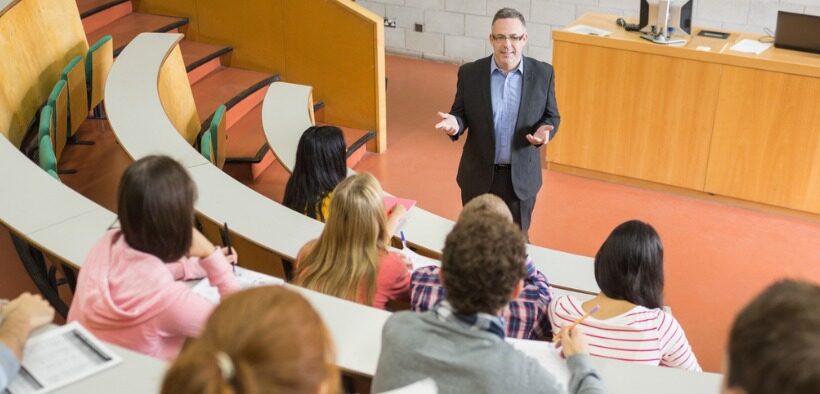Most teachers still lecture a lot despite evidence showing that straight lecture is less effective than teaching approaches that more actively engage and involve students. I don’t think that conclusion rules out didactic instruction. Sometimes it makes sense to just “tell” students about the content. Should we lecture less? For most of us, the answer is yes. But here’s a new response and it moves our thinking in a different direction. In a recent “teacher-ready research review” (one of an ongoing series in the Scholarship of Teaching and Learning in Psychology about which I cannot say enough good things), William Cerbin proposes “a focus on the processes of learning, how and why students learn or do not learn from lectures. If students learn less or do not learn from lectures, we should try to identify the underlying causes and then work on improving the method.” (p. 152)
Lectures and Prior Knowledge: Helping Students Make Sense of New Material

Related Articles
I have two loves: teaching and learning. Although I love them for different reasons, I’ve been passionate about...
Could doodles, sketches, and stick figures help to keep the college reading apocalypse at bay?...
We’ve all faced it: the daunting stack of student work, each submission representing hours of potential grading. The...
Storytelling is one of the most powerful means of communication as it can captivate the audience, improving retention...
For some of us, it takes some time to get into the swing of summer. Some of us...
About a year ago, I decided to combine the ideas of a syllabus activity and a get-to-know-students activity....
The use of AI in higher education is growing, but many faculty members are still looking for ways...








